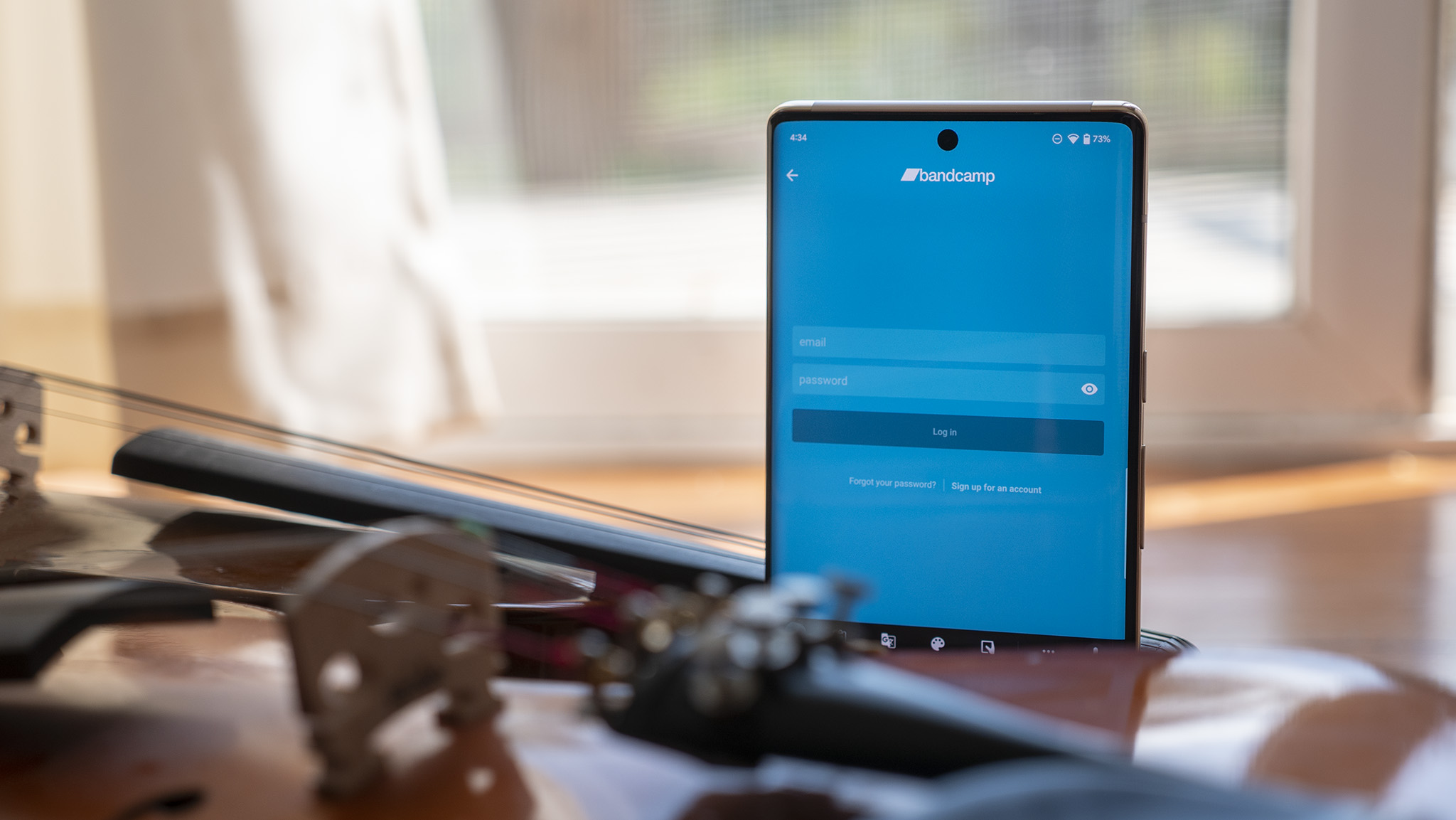Epic says it wants to pay Bandcamp artists, not Google
Google Play Store policy changes are making waves.

What you need to know
- Bandcamp is scheduled to be removed from the Google Play Store on June 1 for violating Google's revised payment policies.
- Epic Games, the owner of Bandcamp, has filed a court injunction to stop the app from being pulled from the Play Store.
- The injunction states that Google's payment system takes too much of a percentage and takes too long to pay out to be a viable option for Bandcamp's artists.
The seemingly never-ending saga between Google and Epic Games has just begun an all-new chapter with a new injunction filed by Epic in an effort to keep its Bandcamp app from being pulled from the Google Play Store. The injunction states that Google modified the rules that Bandcamp originally agreed to and that, as a result of the changes that will need to be made, Bandcamp will "permanently run [its] Android business at a loss, or turn off digital sales in the Android app."
But Google had something to say about that when we reached out for comment:
“This is yet another meritless claim by Epic, which is now using its newly acquired app Bandcamp to continue its effort to avoid paying for the value that Google Play provides. We’ve been transparent about Play’s Payment policy for more than 18 months and, as Epic knows, Bandcamp is eligible for a service fee of just 10% through Play’s Media Experience Program—far less than the fees they charge on their own platforms. Despite their claims, Android’s openness means that Bandcamp has multiple ways of distributing their app to Android users, including through other app stores, directly to users via their website or as a consumption-only app as they do on iOS.”
Bandcamp CEO Ethan Diamond made a blog post (via The Verge) outlining how Google's policy changes would specifically affect the company. In a nutshell, Google's recent changes to its Play Store policy meant that music apps like Bandcamp were no longer exempt from the 30% cut Google takes on all Play Store transactions. To date, Bandcamp has been using its own billing service to get around Google's Play Store fees, meaning you couldn't use Google Play Credit or Google Play gift cards to buy your music.
Bandcamp and Epic's injunction argues that Google has no business taking these fees and that, by doing so, it would hurt its artists and customers as fees would need to be passed along in order for Bandcamp to continue to stay in business. Currently, Bandcamp pays 82% of all sales to music artists on the platform, making it one of the most lucrative places for an artist to sell their music digitally.
Epic recently purchased Bandcamp in March and, because of the injunction, it was found that Google apparently made a deal to only take a 10% fee of Bandcamp's sales if it were to implement the required changes. Any increase in fees would likely reduce the amount of money paid out to artists unless prices are raised.
If nothing is changed, Bandcamp will be removed from the Google Play Store on June 1 when the new policy takes effect. The alternative for Bandcamp, if the injunction were denied, would be to disable digital purchases in the Android app altogether. That would, essentially, make the Bandcamp Android app just another great music player app and little else. Customers would then have to purchase new music in a browser through Bandcamp's website or on another device, entirely.
Be an expert in 5 minutes
Get the latest news from Android Central, your trusted companion in the world of Android
Other apps, like Amazon's Audible and the Barnes & Noble app, have gone this particular route. If Bandcamp doesn't comply with the requested changes and the injunction is also denied, the final alternative for customers would be to install it from the Epic launcher, which is how Android gamers play Fortnite. Google has been making additional changes related to third-party billing on the Play Store, so there's always a chance this policy could change in the near future.

